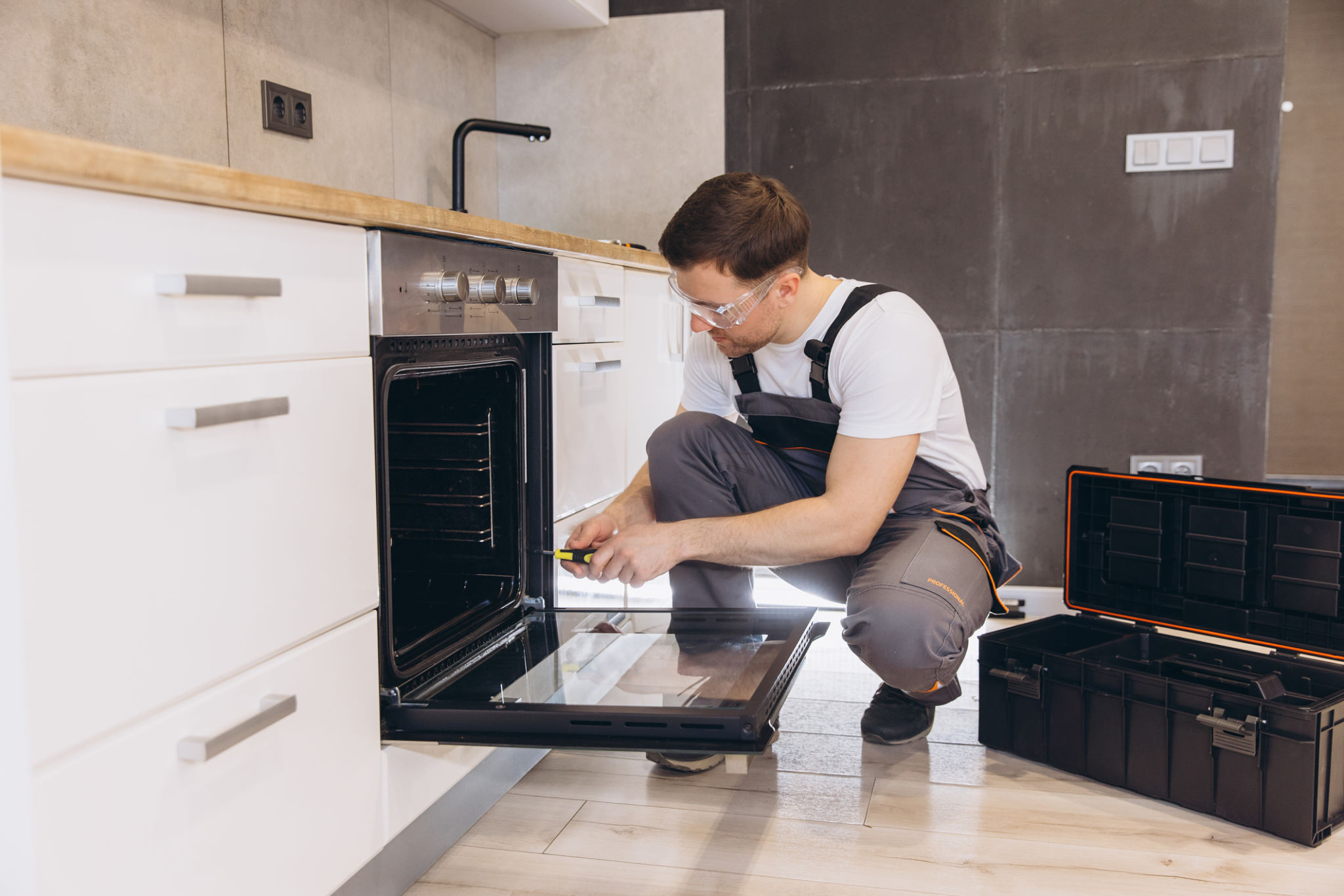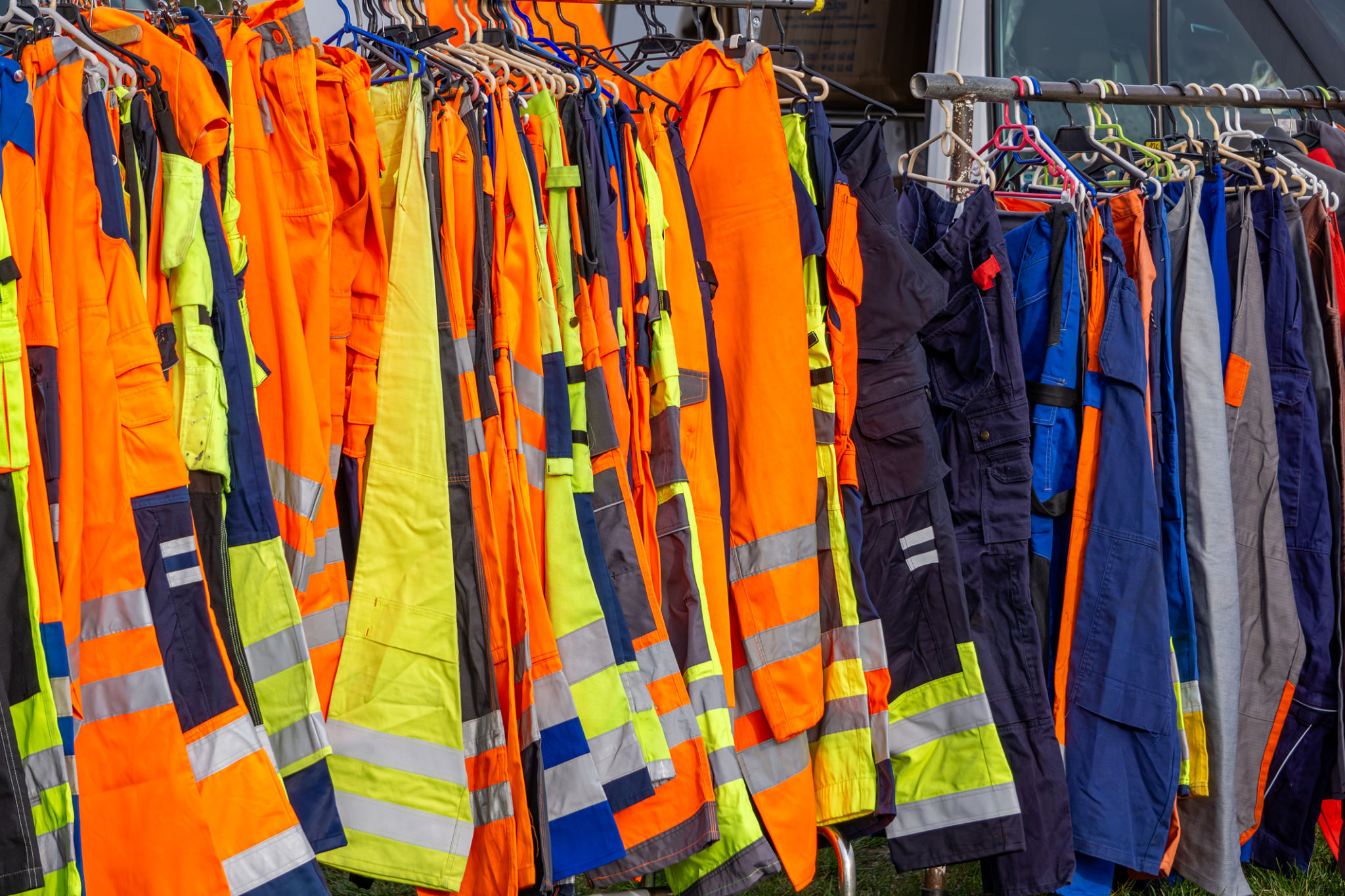DIY Appliance Repair Tips for Common Issues
QS
Understanding Your Appliances
Appliances are an essential part of our daily lives, making chores and tasks easier and more efficient. However, when they malfunction, it can be frustrating and costly to repair them. Luckily, many common appliance issues can be resolved with a bit of DIY know-how. By understanding some basic repair tips, you can save money and extend the life of your appliances.

Identifying Common Problems
Before diving into repairs, it’s important to identify the problem accurately. Some issues are more common than others, such as appliances not starting, unusual noises, or leaking. In many cases, these problems can be traced back to simple causes like loose connections or clogged filters. By learning to diagnose these issues, you can take the first step toward a successful DIY repair.
Basic Tools You’ll Need
Having the right tools on hand is crucial for any DIY repair project. A basic toolkit should include a screwdriver set, adjustable wrench, pliers, and a multimeter for electrical testing. These tools will allow you to handle a wide range of repairs, from tightening screws to testing electrical connections. Investing in a good toolkit can save you time and effort in the long run.

Refrigerator Issues
One of the most common appliance problems is a malfunctioning refrigerator. If your fridge isn’t cooling properly, the first step is to check the thermostat settings. Ensure that the vents aren’t blocked and clean the condenser coils, as dirt and dust can cause the fridge to overheat and function less efficiently. If the issue persists, it may be time to inspect the door seals for leaks.
Washing Machine Troubles
Washing machines are susceptible to problems like water not draining or excessive vibrations. To address drainage issues, inspect the drain hose for clogs or kinks. For vibration problems, make sure the machine is level and that all shipping bolts were removed during installation. Tightening loose connections can also prevent unnecessary shaking during use.

Dishwasher Maintenance
Dishwashers can develop issues such as not cleaning dishes thoroughly or leaking. Start by cleaning the spray arms and filters to ensure water flows freely. If leaks occur, check the door gasket for any signs of wear or damage. Regular maintenance, like running vinegar or specialized cleaners through a cycle, can help keep your dishwasher in top condition.
Safety Tips
While DIY appliance repair can be rewarding, safety should always be your top priority. Before beginning any work, unplug the appliance to avoid electrical shocks. Use appropriate safety gear, such as gloves and goggles, especially when dealing with sharp or heavy components. If you ever feel unsure about a repair, it’s wise to consult a professional.

When to Call a Professional
Sometimes, DIY repairs aren’t enough, and professional intervention is necessary. Complex issues involving gas appliances or intricate electronics should be handled by experts. If your attempts to fix an appliance aren’t successful or if the problem recurs frequently, it might be more cost-effective to seek professional help.
By following these DIY appliance repair tips, you can tackle minor issues with confidence and keep your household running smoothly. With a little practice and patience, you’ll be equipped to handle a range of common appliance problems.
